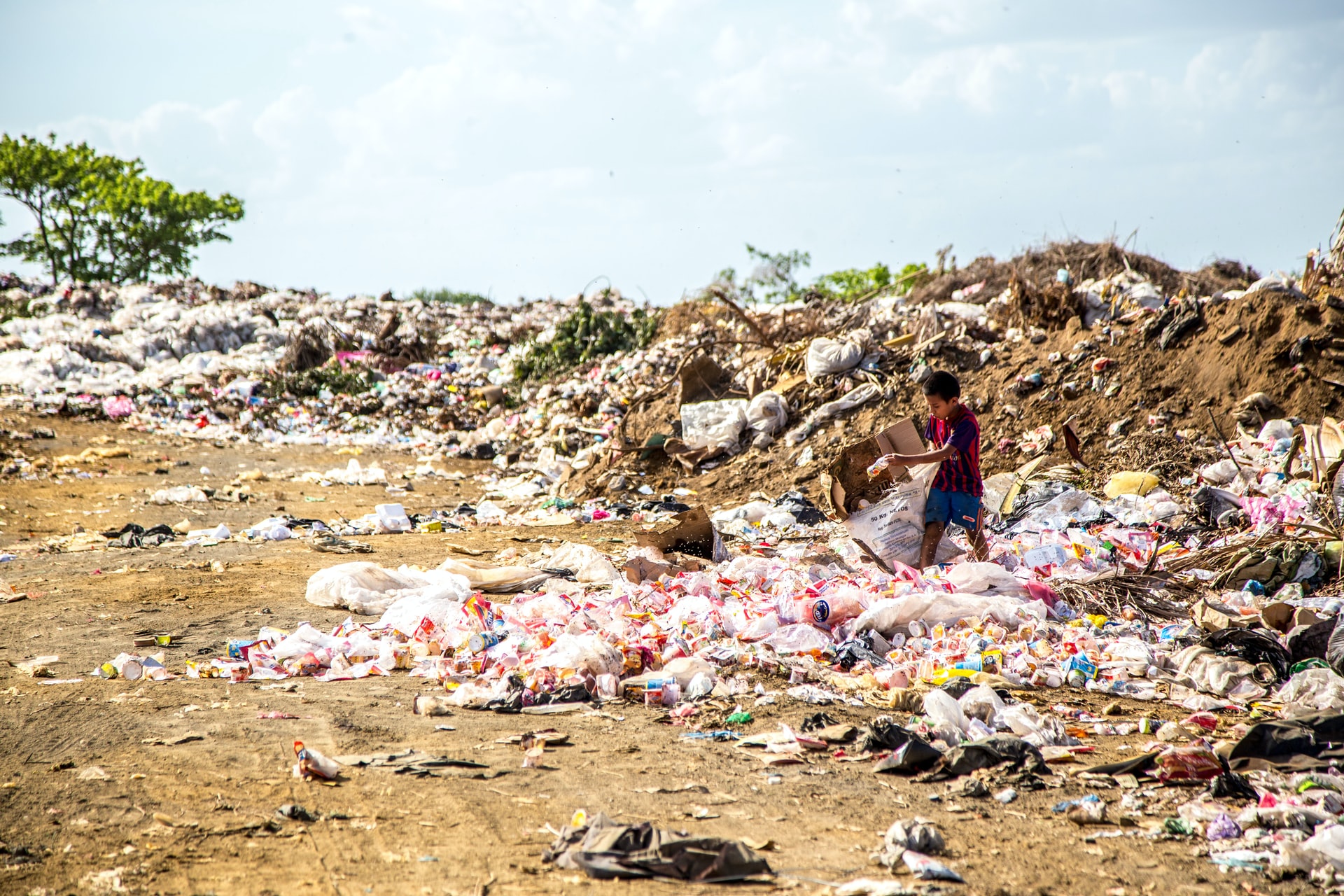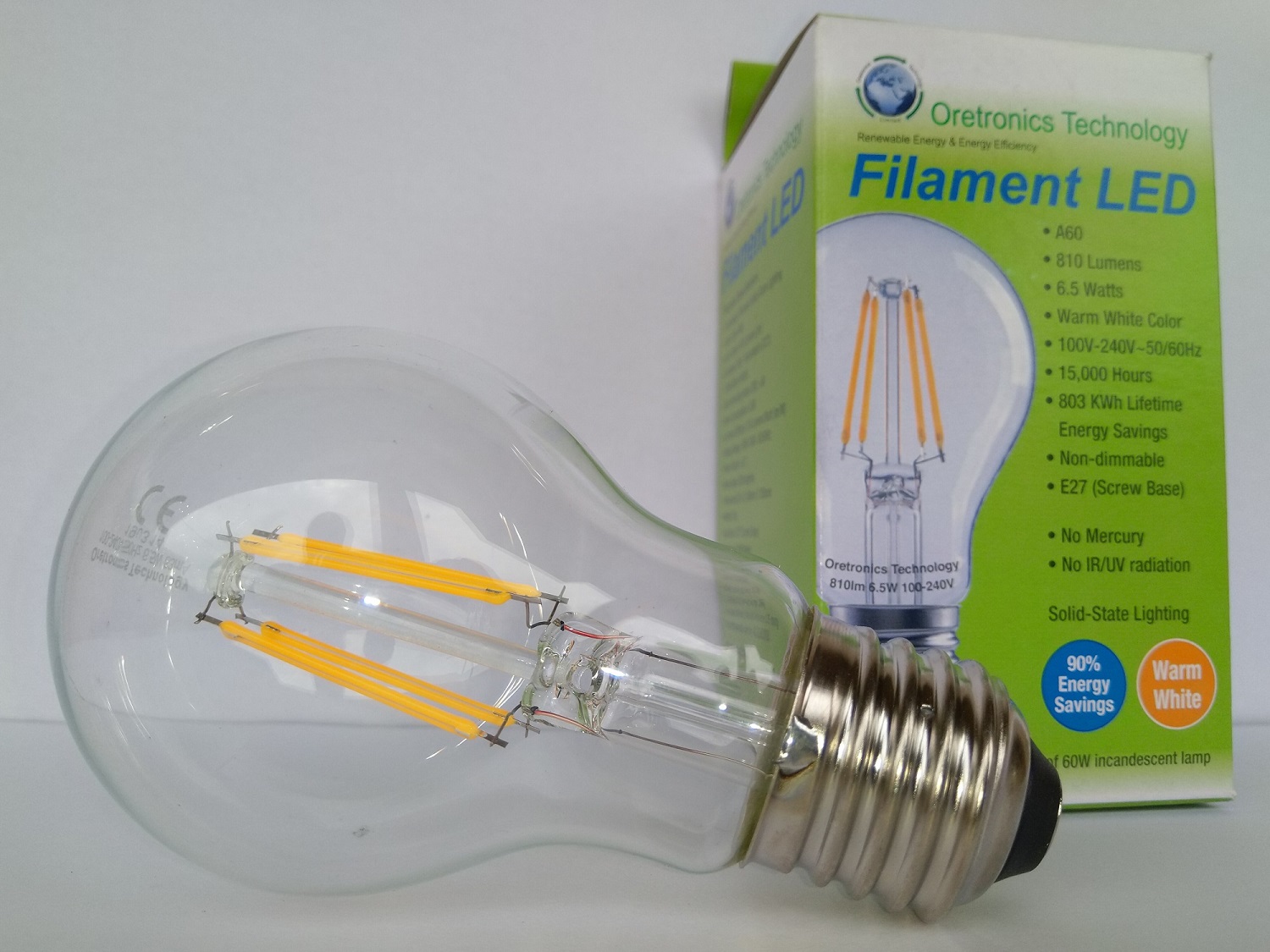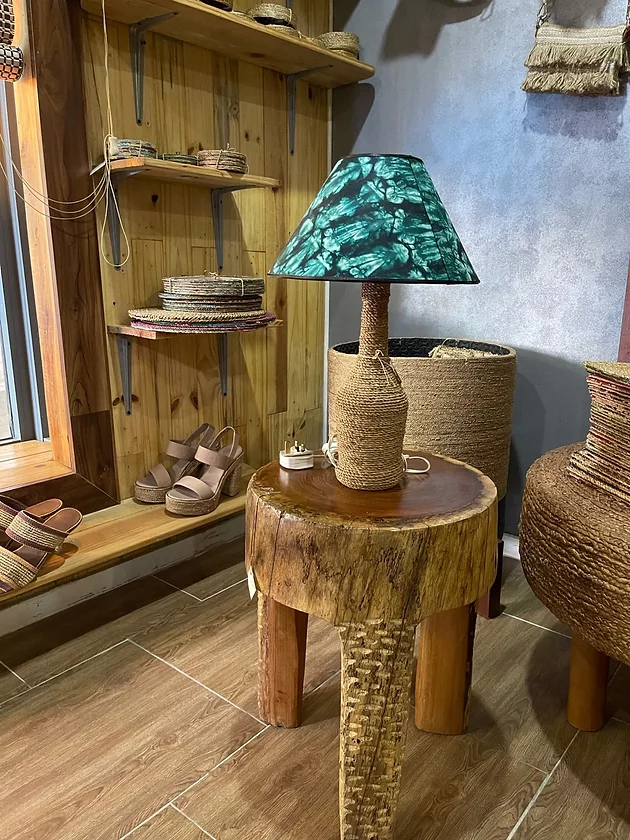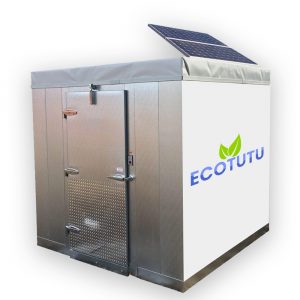10 things to know about this year’s G7
The G7 Summit in Hiroshima, 19-21 May, represents a pivotal moment for global cooperation and a commitment to building a resilient, equitable, and sustainable world for future generations.
Nigeria has the largest economy and population of any country in Africa, and is expected to overtake China to become the world’s second most populous country after India by the end of the century.
But climate change is taking a major toll on the country — and without international support, could hit the economy hard. Extreme heat episodes, of ever-growing frequency, are affecting millions of people without access to air conditioning or electricity.
The government of Nigeria has pledged to reduce its emissions by 20% by 2030, and by 45% on the condition of international support. But the country’s decarbonization and adaptation strategy – as reflected elsewhere across the globe – hinges on more than its government.
Across Nigeria, thousands of climate entrepreneurs and businesses are creating innovations to support the country’s transition to a low carbon and resilient economy.
In June, ahead of CO27, UN Climate Change High-Level Champion for COP26, Nigel Topping visited Nigeria. Among ministers, he agreed the country should be a focal point in the Just Energy Transition. He said next steps should include harnessing the interest and influence of the Glasgow Financial Alliance for Net Zero (GFANZ) to help meet Nigeria’s financing gap and support the energy transition.
During his visit, Mr Topping met Nigerian SMEs supported by the World Bank-funded Nigeria Climate Innovation Centre (NCIC). The Centre helps develop and deploy solutions to climate change challenges in Nigeria by providing, among other things, venture development and capacity-building support. Below are seven examples of enterprises being supported by the NCIC.
Planet 3R
Planet 3R is a social enterprise dedicated to converting textile and plastic waste into Eco Friendly products using the 3Rs (Reduce, Reuse, Recycle) to help reduce the impacts of climate change by weaving them into innovative items.
Quadloop
Quadloop is an electronics manufacturing company, leveraging technology to build sustainable hardware devices. Among other devices, they have created solar powered lamps and gas monitoring systems. The company says it is on a mission to create eco-friendly solutions to make the world healthier, cleaner and safer.

Electronic waste (WEEE) causes serious health risks, with negative impacts on humans, animals and the environment. Image: Unsplash.
Oretronics
Oretronics is helping to support energy security in Nigeria by developing, deploying and distributing solid state lighting products which consume 90% less energy than normal incandescent light bulbs. The company also deploys Lithium Ferrous Phosphate (LFP) based energy storage systems, hybrid solar energy systems and batteries.

Image: Oretronics.
Mitimeth
Indigenous, award winning, social enterprise, Mitimeth creates handcrafted products from water weeds (known locally as water hyacinth) and other agricultural residues. The enterprise also trains riverine/riparian communities to make handcrafted products and employs local people to create these crafts from water weeds prevalent on Nigeria’s waterways.

Image: Mitimeth
Vectar Energy
Vectar Energy is a portable power company that provides affordable, reliable and sustainable energy through an incentivised cleantech/fintech platform. Its mission is to deliver access to affordable, reliable, and sustainable energy to everyone.

Image: Vectar.
Think Bikes
Founded by Tolulope Olokokun, Think Bikes is an affordable and clean means of transportation for goods and people.

Image: Unsplash.
EcoTutu
EcoTutu’s vision is to be a world leader in sustainable cooling technology. The company says it is radically re-designing the way essential products are cooled. It designs, develops and deploys affordable cold value chain technology using internet of things (IoT) and renewable energy. Their solutions are targeted to meet both small and large scale cooling needs of businesses in healthcare, agriculture and retail.

Solar-Powered Food Storage For Farmers in Nigeria. Image: Ecotutu.
The G7 Summit in Hiroshima, 19-21 May, represents a pivotal moment for global cooperation and a commitment to building a resilient, equitable, and sustainable world for future generations.
Across the two weeks, non-State actors offered a wide range of actions, announcements, and events across thematic areas. This included the launch of the African Cities Water Adaptation Fund, an African-led insurance commitment to provide cover for up to USD 14 billion in climate losses, and the Sharm-El-Sheik Adaptation Agenda in partnership with the COP27 Presidency.
The new Africa Carbon Markets Initiative (ACMI), which was inaugurated today at CO27, aims to support the growth of carbon credit production and create jobs in Africa.
This Yearbook of Global Climate Action, the sixth of the series, reviews the state and scope of global climate action in 2022.